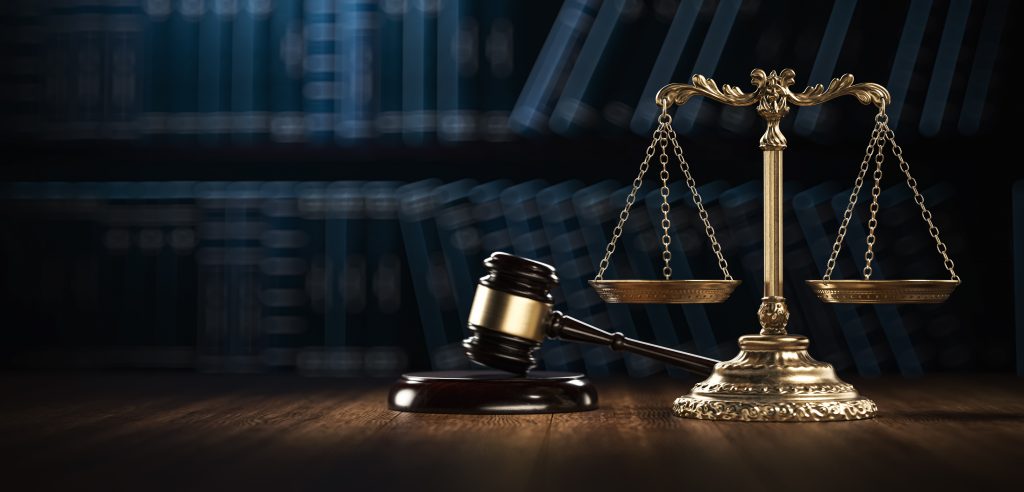Subscriber Benefit
As a subscriber you can listen to articles at work, in the car, or while you work out. Subscribe NowA Muncie bar fight was not foreseeable, the Court of Appeals of Indiana has ruled in reversing the denial of summary judgment to the bar’s current and former owner.
Early in January 2020, Brian Bailey, Lauren Segura and Nelson Segura were at Cheers, a Muncie bar. While seated at the bar, Bailey allegedly grabbed Lauren between her thighs, prompting Nelson to grab Bailey by his shirtfront and push him off his bar stool.
Nearly two years later, Bailey filed a complaint claiming that Nelson “perpetrated an assault” against him.
The complaint also alleged Anthony Brummett, Cheers Inc., Terry Lee Orrick and John Doe were “willfully negligent, wantonly reckless and grossly negligent because of their or their employees’ acts, failures to act, and/or refusal to help [Bailey] on the night of the incident.” Brummett is the bar manager, and Orrick sold him the bar. John Doe was later identified as Nelson.
In August 2022, the appellants, excluding Nelson, moved for summary judgment, asserting that the individual defendants were not liable and Cheers did not owe a duty to Bailey to protect him from the unforeseeable act of a third party.
The Delaware Circuit Court denied the summary judgment motion, but the Court of Appeals reversed that denial on Wednesday.
In their appeal, the appellants argued there was no genuine issue of material fact that supported piercing the corporate veil and holding Brummett and Orrick liable or finding that Cheers had a duty to care for Bailey because Nelson’s actions were unforeseeable.
The appellants claimed the trial court “erred by focusing on facts that were immaterial in the analysis for determining whether a landowner has a duty to protect an invitee from criminal acts of a third party” and contended that Bailey did not present evidence establishing that Cheers owed him a duty to prevent the exacerbation of his injuries.
The Court of Appeals agreed and reversed the trial court’s denial of the appellants’ motion for summary judgment.
According to Judge Elaine Brown, “The evidence does not demonstrate that Brummett or Orrick were present for the interaction between Bailey, Lauren, and Nelson. Nelson had previously installed cameras for Cheers and worked for Brummett for ten years doing plumbing and construction. We cannot say, in light of the factors in (Winkler v. V.G. Reed & Sons, Inc., 638 N.E.2d 1228 (Ind. 1994)), that the designated evidence supports piercing the corporate veil.”
Further, “There were two staff members serving drinks at the bar, and the evidence does not demonstrate that they were familiar with Nelson. Bailey stated to Nelson that Bailey was drunk and ‘a pervert’ to Nelson, and Nelson laughed off the statement and turned around because he did not wish to speak to Bailey,” Brown wrote.
“Thirty to forty minutes later, Bailey grabbed Lauren between her legs, Nelson responded by grabbing Bailey’s shirtfront, Nelson pushed Bailey off the stool, and Bailey fell to the ground. Nelson pushed Bailey off the stool approximately fifteen seconds after Bailey grabbed Lauren,” she continued. “We cannot say that Appellants had notice of present and specific circumstances that would cause a reasonable person to recognize the risk of an imminent criminal act, or that Nelson pushing Bailey off a bar stool was foreseeable.”
Finally, “Because there is no designated evidence that Bailey suffered an injury, we cannot say that Appellants owed Bailey a duty to prevent further harm,” Brown concluded.
Judges Nancy Vaidik and Cale Bradford concurred.
The case is Anthony A. Brummett, Cheers, Inc., Terry Lee Orrick, and John Doe v. Brian Bailey, 23A-CT-683.
Please enable JavaScript to view this content.

